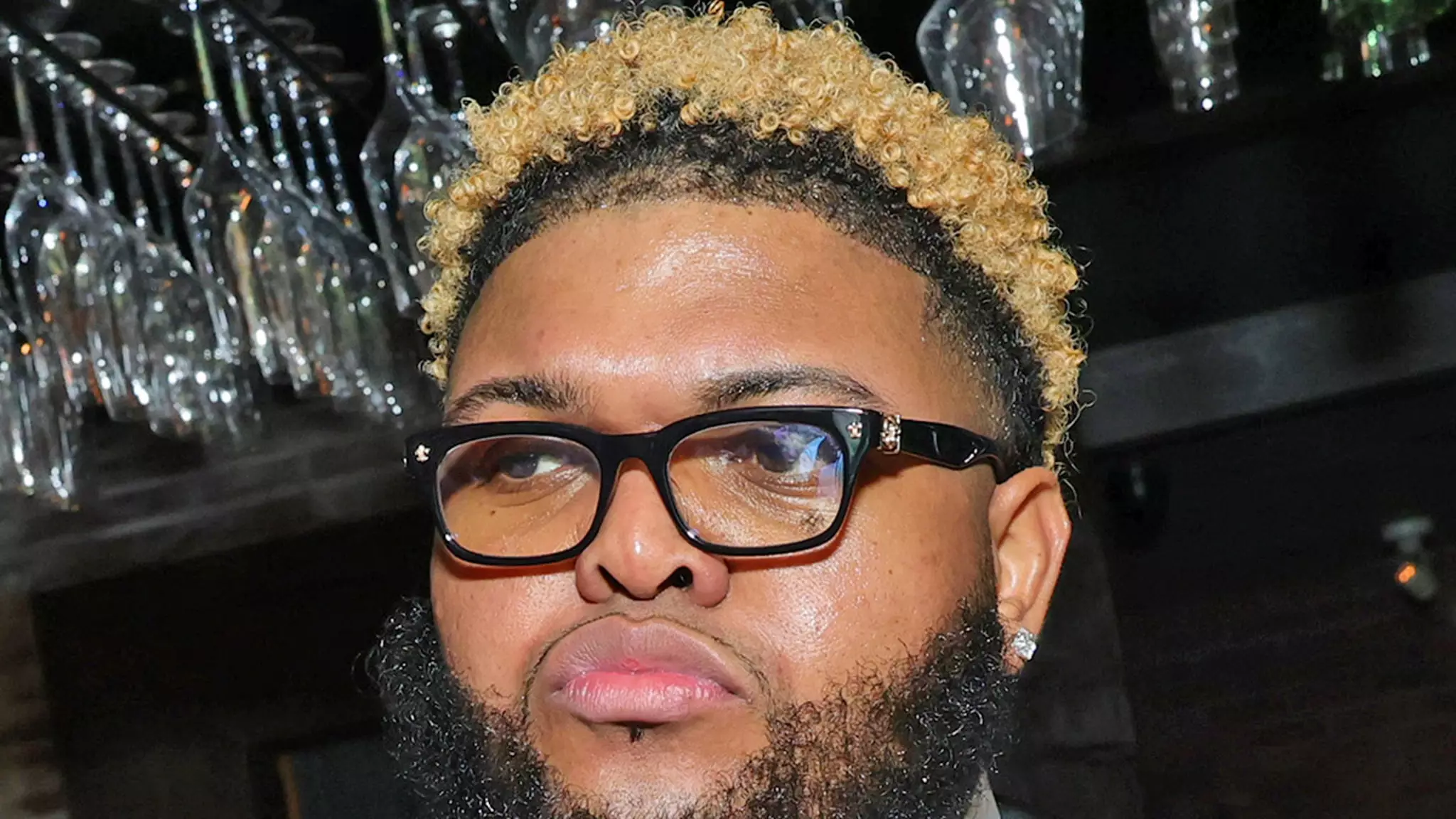In the often-treacherous terrain of celebrity culture, the impact of accusations can be devastating, regardless of their veracity. Druski, a rising star in comedy and acting, has found himself embroiled in a complex legal battle after being accused of rape by Ashley Parham. The stakes are high, not only for the comedian’s reputation but also for the integrity of the legal system that allows such claims to enter the public discourse. What sets Druski apart in this case is his aggressive counter-offensive—with a strategy that aims to transcend mere defense and hold those who made the accusations accountable.
Evidence as a Sword
Druski has procured a vast array of evidence that he argues conclusively disproves Parham’s claims. His legal filings indicate that he was more than 3,000 miles away from the alleged crime scene in Northern California during the timeframe of March 23, 2018. Providing phone records, bank statements, and even employment documentation from his time as a waiter at Outback Steakhouse, he has positioned himself not just as an innocent man fighting for justice, but as a defendant armed with proof. Unlike many who might rely solely on public opinion or emotional appeals, Druski is leveraging tangible facts to discredit the allegations against him.
Questioning Legal Accountability
One of the most striking aspects of this case is Druski’s call for accountability against Parham’s legal representation. His accusation demands that attorneys Ariel Mitchell and Shawn Perez face scrutiny for allegedly failing to thoroughly vet the claims before bringing them into court. This raises an important question for the legal community: Shouldn’t lawyers exercise due diligence in ensuring the credibility of their clients’ allegations? The ramifications of a failed vetting process extend far beyond the individual parties involved; they have the potential to damage the credibility of genuine victims and their advocates in the legal system.
The Burden of Proof and Popular Perception
In cases like these, the burden of proof often shifts dramatically in the court of public opinion. Druski’s status as a public figure means that even unfounded allegations can tarnish his image almost instantaneously. Yet, instead of retreating into silence, he is publicly contesting these claims with the intent to wrest back control of his narrative. This refusal to be a passive victim speaks volumes about the resilience often required by those under scrutiny in such high-stakes situations.
A Broader Debate on Misuse of Allegations
Druski’s situation also touches on a broader societal issue regarding the misuse of allegations in the pursuit of personal gain or vengeance. The landscape of sexual assault accusations has become increasingly fraught, with many genuine victims fearing that their reports may be overshadowed by fraudulent claims. Druski’s case serves as a pivotal reminder that while it’s critical to support victims and encourage reporting, the legal system must also safeguard against false accusations that can destroy lives and careers.
In a world poised to address the complexities of consent and accountability, Druski’s legal battle poses critical questions that challenge our understanding of justice, integrity, and the moral fabric of our society as a whole.

